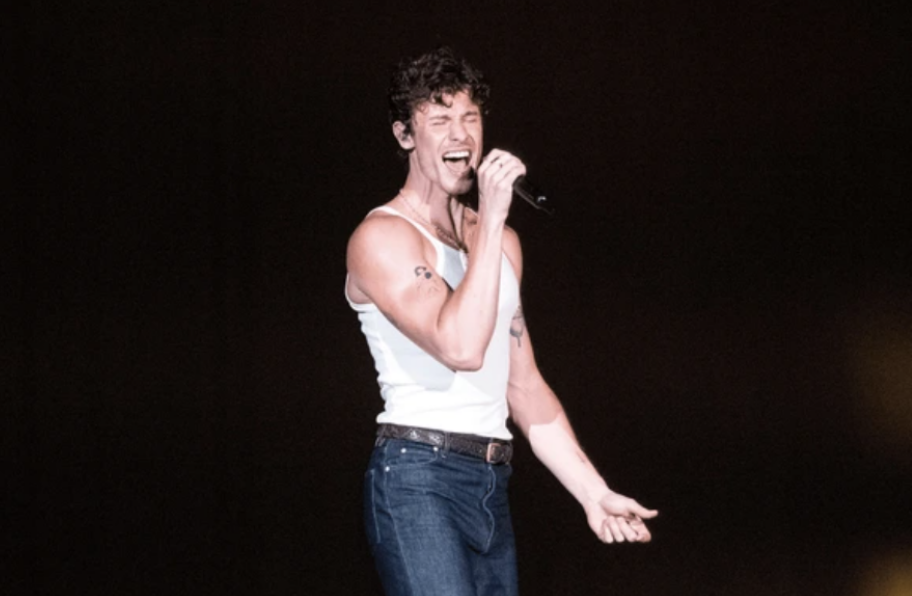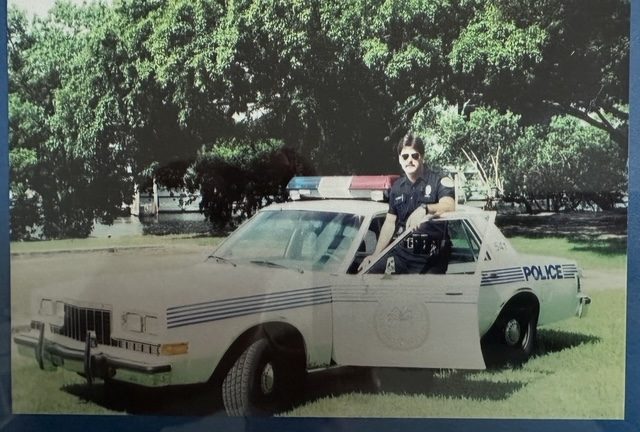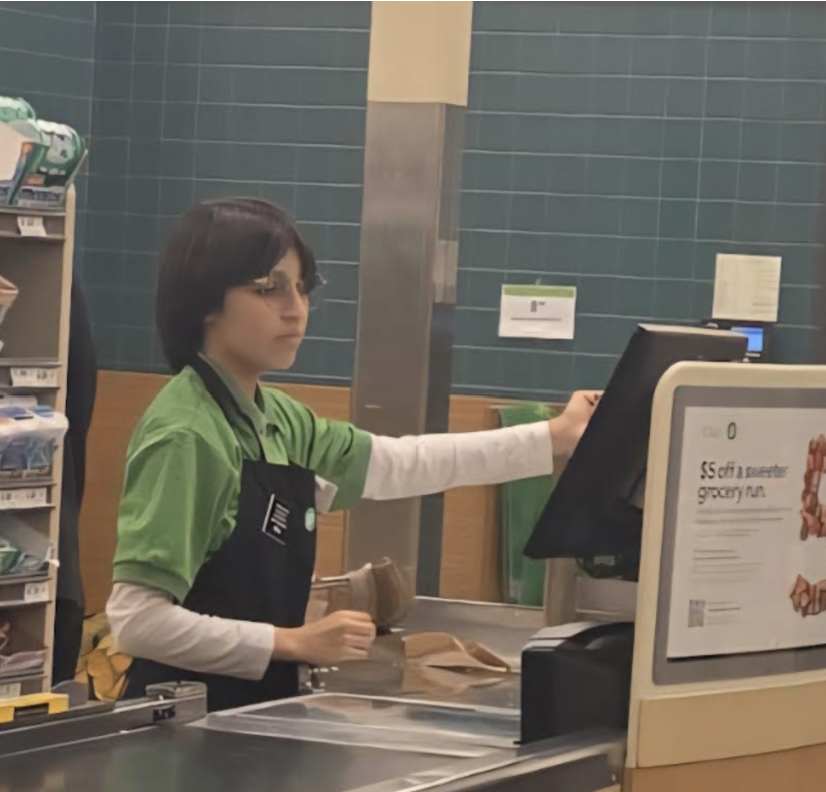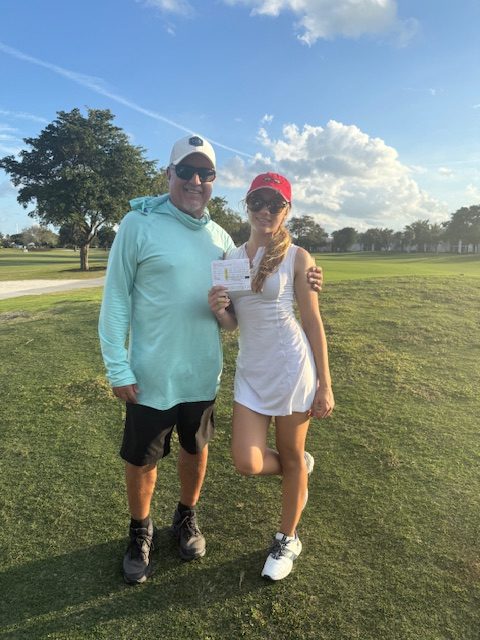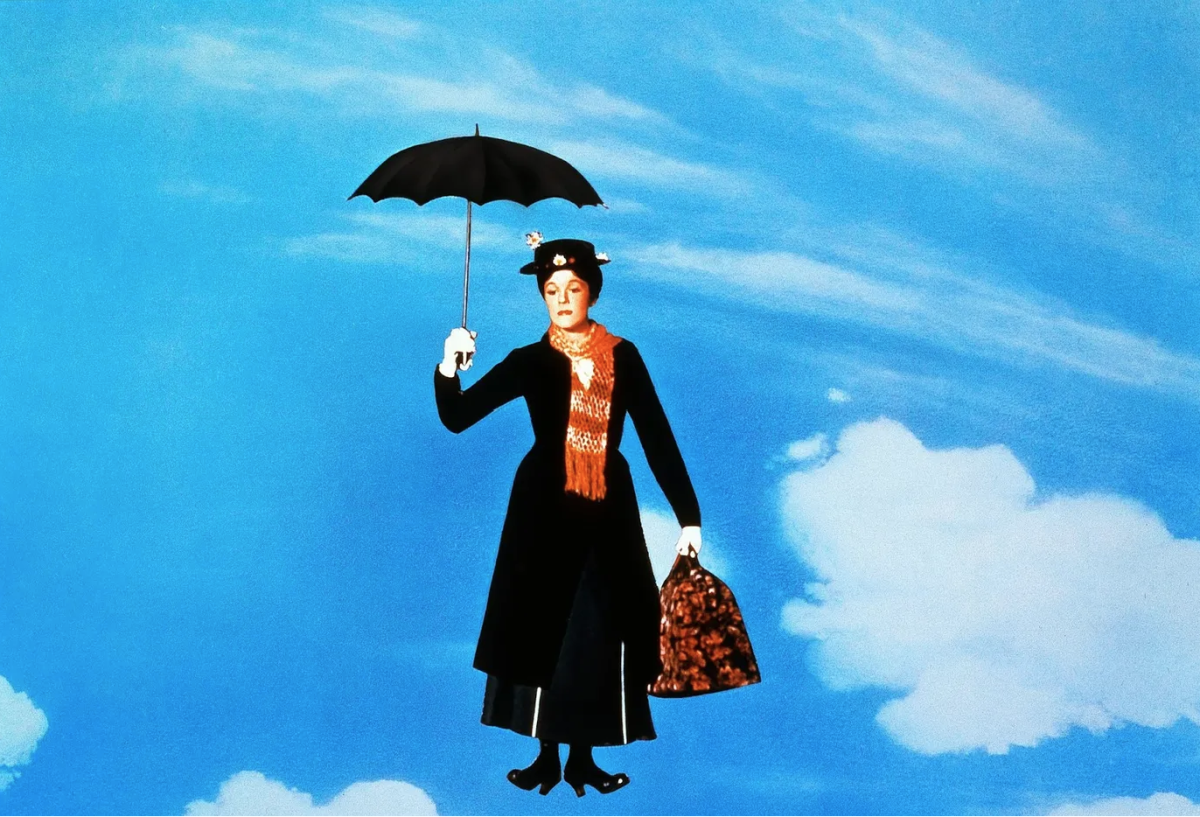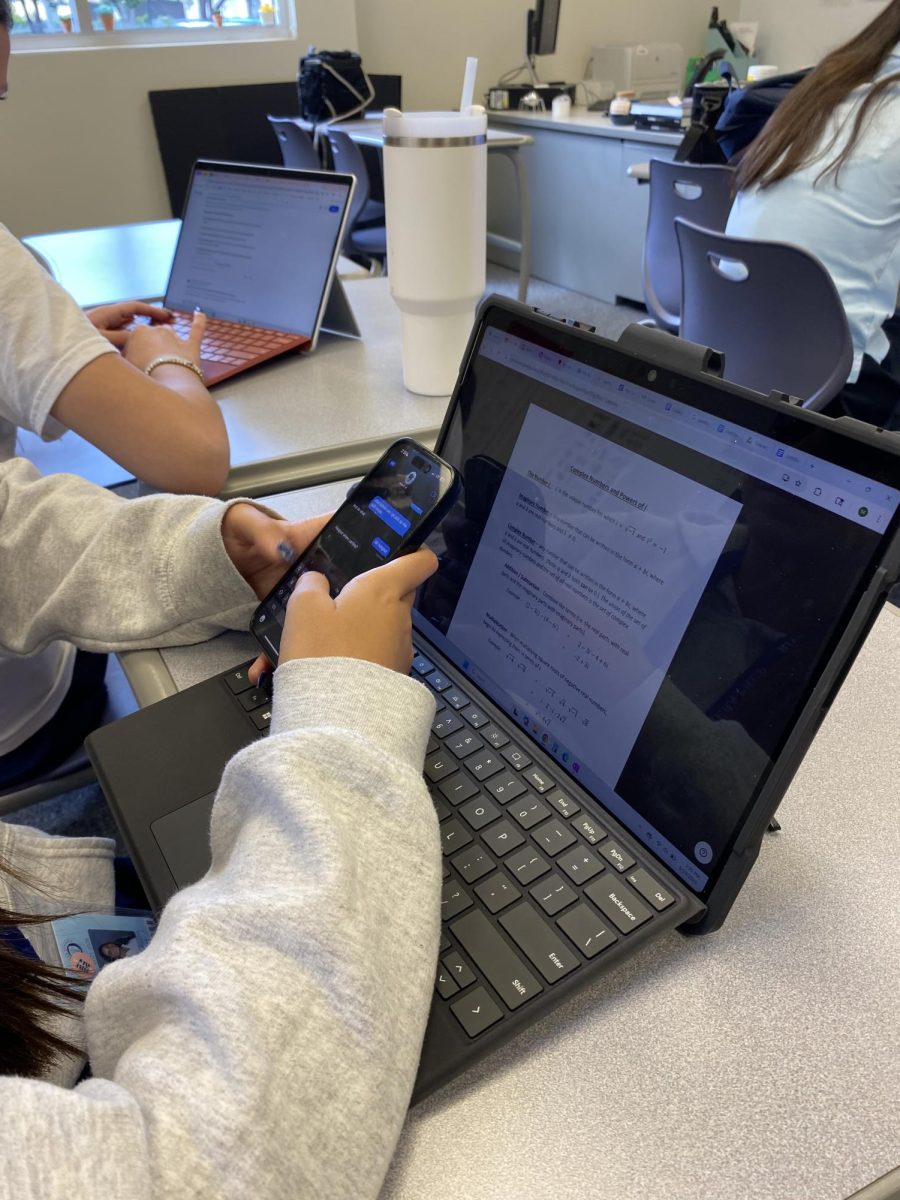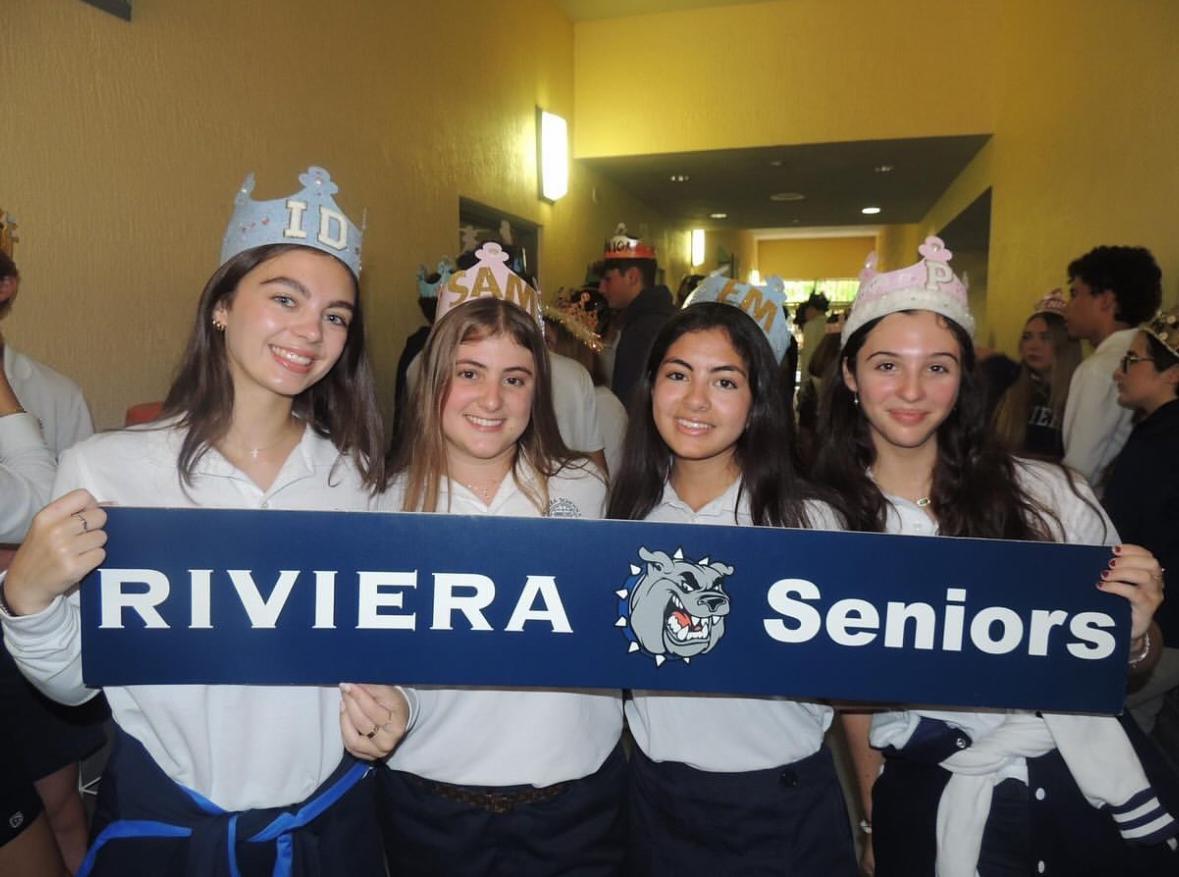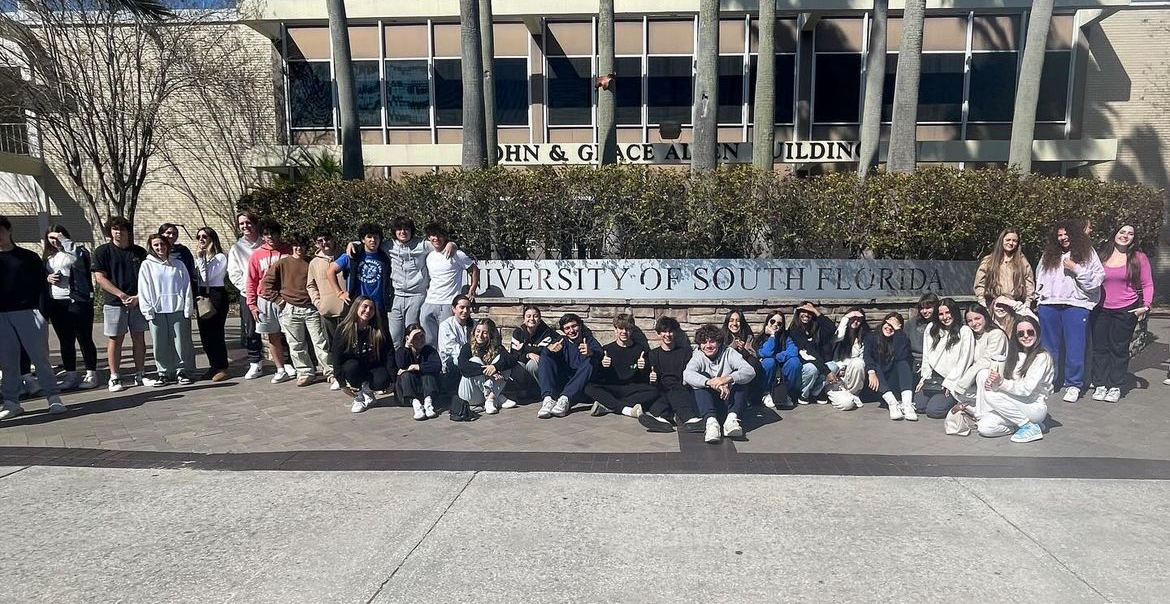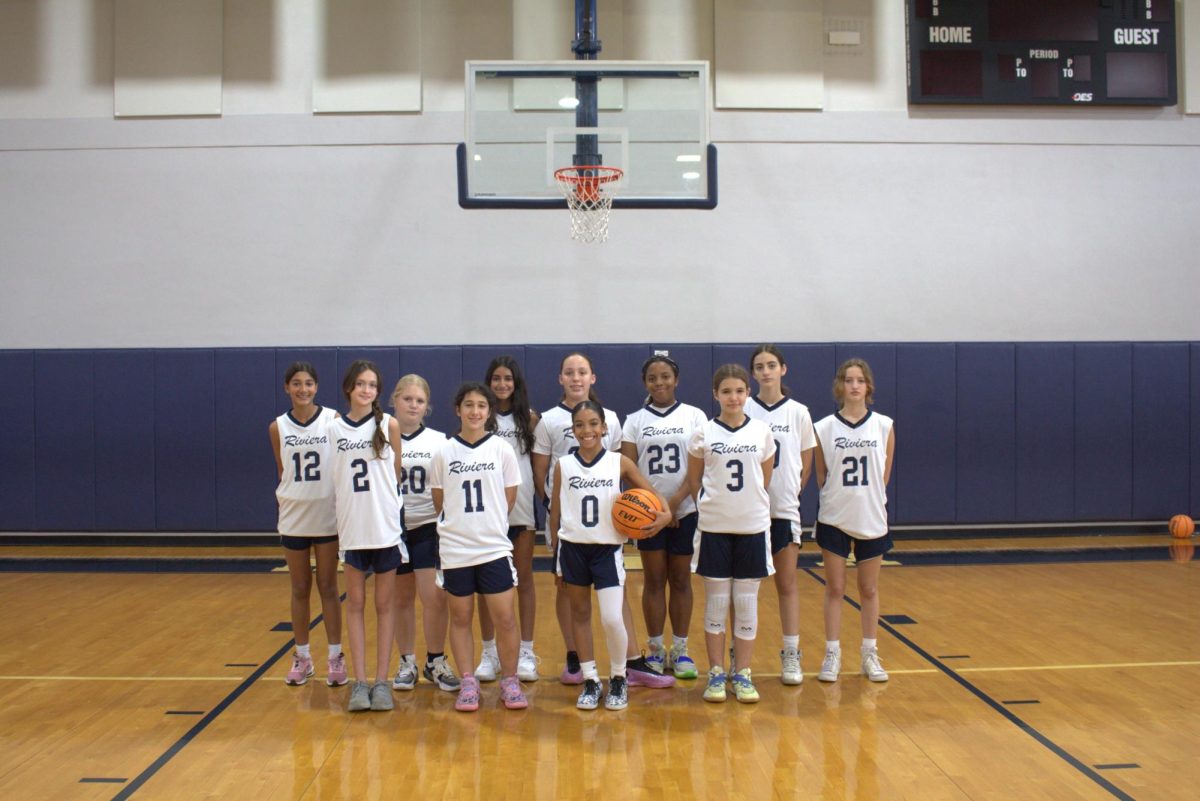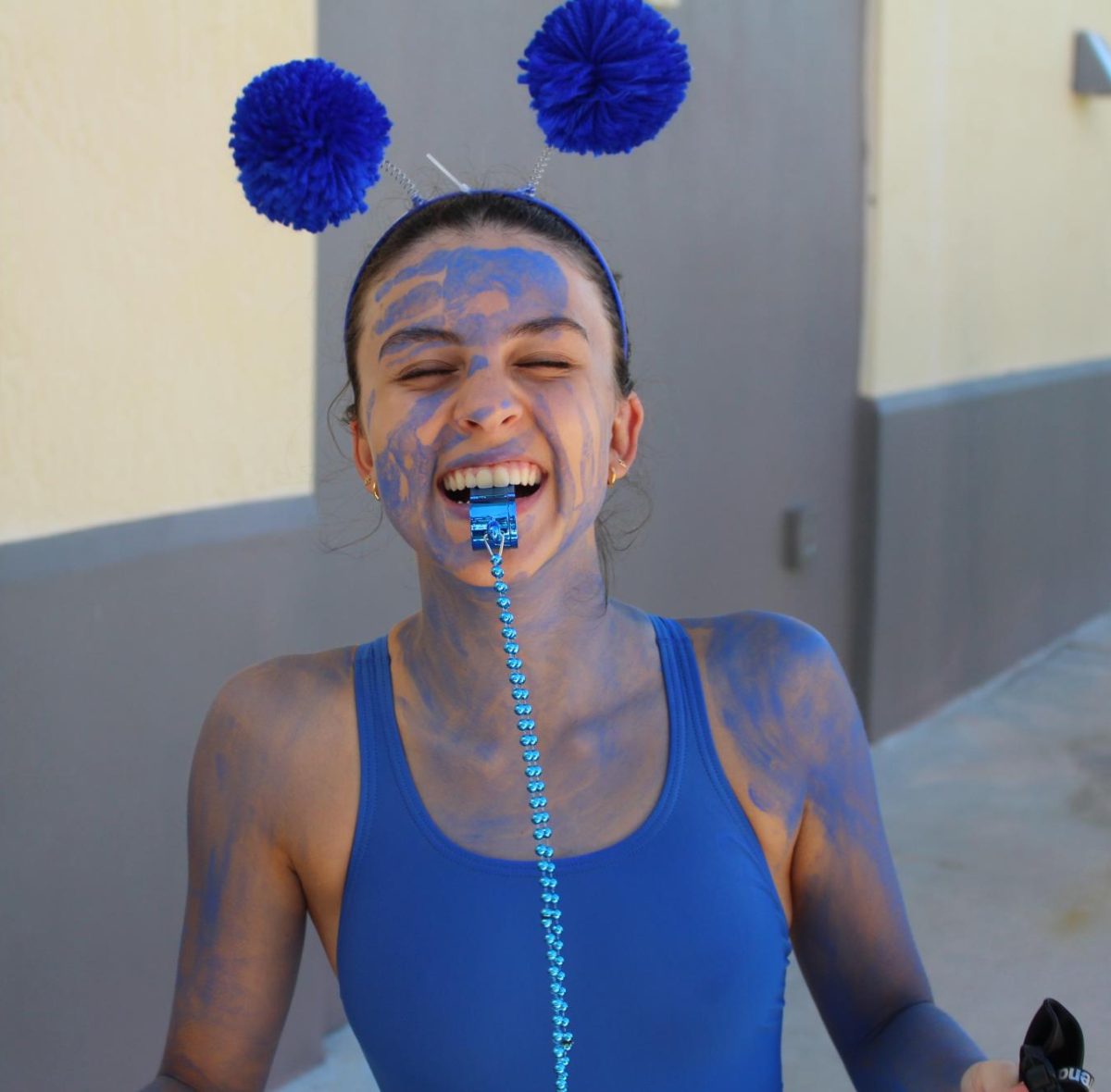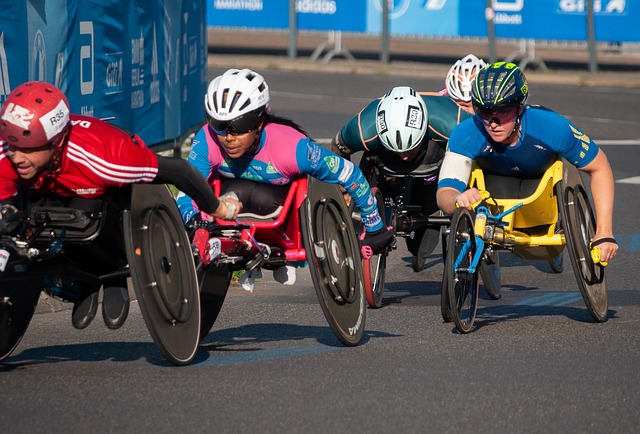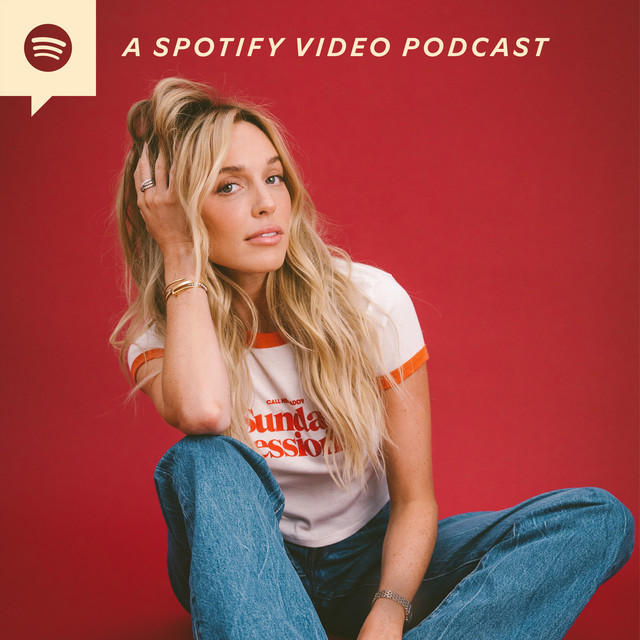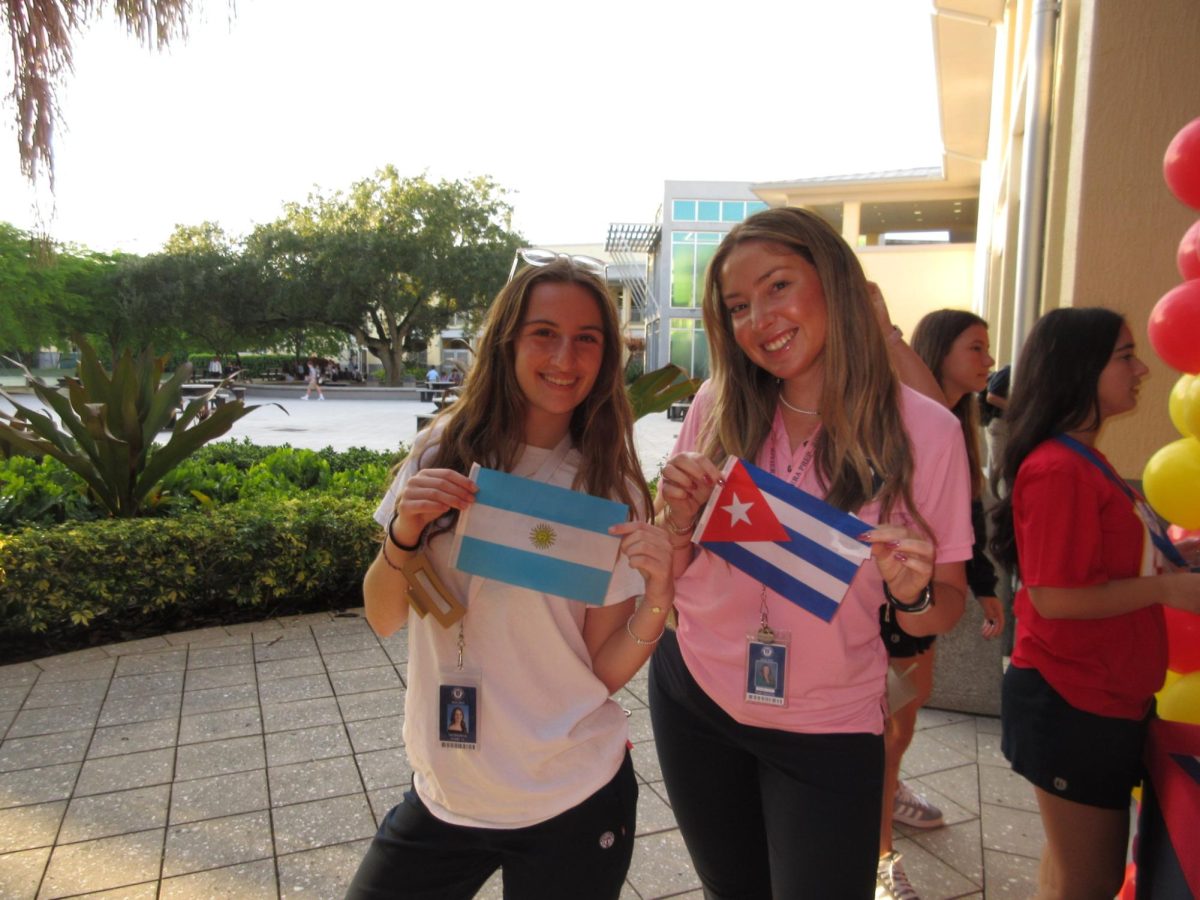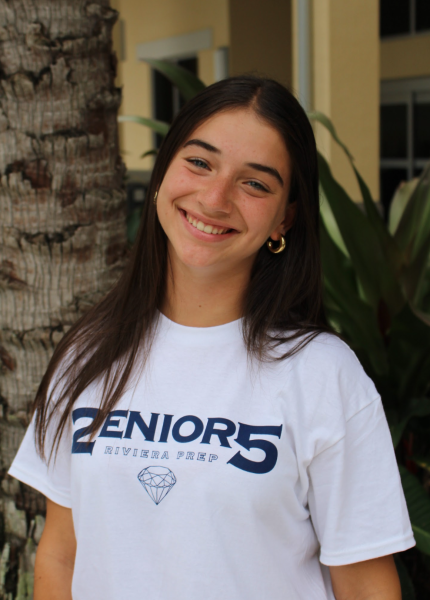“Here’s the thing is that you don’t have to abandon your faith or deeply held beliefs to agree. The government shouldn’t be telling her what to do.” – Kamala Harris
Now that the presidential election results have been officially announced, it is important to analyze the different ways the two candidates reached different voting populations and age groups contributing to the final result.
Kamala Harris’s decision to appear on Alex Cooper’s podcast Call Her Daddy drew widespread attention and sparked debate. Known for its candid discussions on relationships and modern feminism, the podcast seemed an unconventional choice for the Vice President. The choice raised questions about its appropriateness, as Call Her Daddy has a reputation for candid discussions about personal topics like relationships and mental health. For many, this seemed at odds with Harris’s role as Vice President.
Call Her Daddy is a podcast created by social media influencer Alexandra Cooper. The podcast discusses a range of topics from fashion to relationship advice, but it was mainly created as “a modern twist on feminism” according to People’s Magazine.
Alex Cooper claims in the first few minutes of the “Vice President Kamala Harris” episode that although she did not want to involve herself in politics and the presidential election, because heavy topics like abortion were discussed as a part of this election she wanted to weigh in on this topic. As a woman and the creator of a feminist-based podcast, she reportedly felt like she needed to take a sound.
Following the announcement of Harris’s appearance, reactions ranged from skepticism about tis appropriateness to praise for engaging younger voters. Many questions arose, the most prominent ones being: “Is this an appropriate place for Kamala Harris to be interviewed? Is Alex Cooper going to ask the correct questions that are relevant to what is happening in the United States?” Moreover, many also commented that Alex Cooper wasn’t qualified enough to conduct this interview.
The controversy surrounding Harris’s appearance resonated with young people prompting a discussion about the effectiveness of her outreach to the younger generations.
Most students felt that Harris’s move was inappropriate and not the time or place.
“When I heard Kamala Harris went on the podcast, I felt it was incorrect,” said Julian Romano (12).
In any case, there are many different ways for a presidential candidate to gain popularity and more votes. Call Her Daddy was not the only podcast Harris attended. She also appeared on “The Howard Stern Show” and “Unlocking Us”. Considering the outcome of the 2024 election, although Kamala Harris did not win, she did her best to try and reach every audience she could, specifically Gen Z.
Regardless of the controversy Alex Cooper intended to have an honest conversation about women’s rights and she felt that the second-ever female presidential candidate in our nation’s history was the right person to interview.
Even if the approach didn’t resonate with all, Harris’s outreach efforts, including appearances on podcasts, opened a much needed discussion about the challenges and opportunities politicans face in connecting with younger voters.
To listen to the podcast, click the link below: https://open.spotify.com/episode/4B9WOUCWY8qY0f9MMjOSXa





